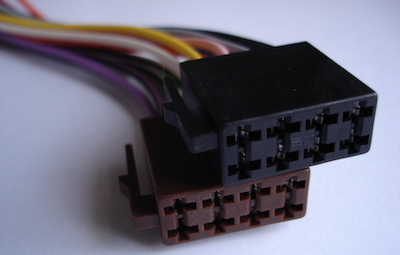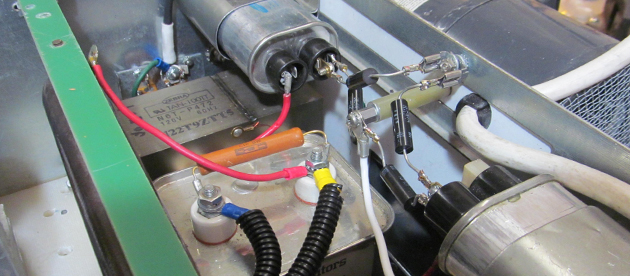Long experience in the automotive industry has taught that fuses do not necessarily need a reason to blow.
Bad fuses, and especially amp fuses, can blow for no apparent reason, but it is a different matter if an amp blows fuses repeatedly.
Fortunately though, finding the cause(s) of blown amp fuses is a relatively uncomplicated affair, and in this guide we will tell you what to look out for, and how to fix the problem.

Check fuse and wiring values
The value of a fuse is critical in ensuring proper operation of a sound system, and as a starting point in the diagnostic process, ensure that the fuses’ value is never less than 10% of the total current draw of the system.
Ideally, the fuse should match the current draw of the amp, as well as the combined values of the power and ground cables, which means that the cabling must match the current draw of the amp.
Put in another way, the cabling should be able to supply sufficient current to the amp without heating up, which can be the result of using cabling that is either too thick, or too thin.
Always follow the directions that came with the amp when you install cabling. Incorrect cabling can overheat and set fire to the car before a correctly rated fuse blows, so make sure the values of the fuse, cabling, and amp are in agreement.
 Check for chafed cabling
Check for chafed cabling
Chafed cabling is probably the most common cause reason why amps repeatedly blow fuses, and it is almost always the result of sloppy installation. Power cables, or any cable for that matter, should only ever be routed through the firewall with an insulated grommet to prevent damaging the insulation of the cable.
The body work of a vehicle offers very little, if any electrical resistance, meaning that the slightest touch of a conductor against the grounded body will immediately draw a larger current than the fuse(s) can cope with, resulting in one or more blown fuses.
Another common cause of chafed cabling is running cables under the carpets directly under the pressure of feet. Continuously stepping on cables is a sure-fire way to wear down the insulation, so make sure the cables are routed away from pressure or pinching points such as door jambs, to reduce the chances of short circuits and blown fuses.
Reduce amp gain
 Inexperienced installers or users often confuse the gain settings with volume controls. While increasing gain can increase volume, the gain settings are meant to be used to reduce distortion. Excessive gain can overload several internal systems and components in the amp, and when this happens, blown fuses result.
Inexperienced installers or users often confuse the gain settings with volume controls. While increasing gain can increase volume, the gain settings are meant to be used to reduce distortion. Excessive gain can overload several internal systems and components in the amp, and when this happens, blown fuses result.
Set the gain to optimum levels by turning the volume on the head unit to about 75%. Next, slowly increase the amp’s gain until a distortion becomes evident when your favorite music is playing. At this point, slowly decrease the gain until the distortion disappears.
At this setting, assuming that the installation was performed correctly, the amp should deliver crystal-clear sound without blowing fuses, regardless of the type of music played.
Check ground connections
Ground connections work best when they are within 18 inches or so from the amp. However, the quality of the connection is critical, so make sure that all ground cabling is properly terminated with a crimped-on terminating ring, and that the ring makes proper contact with bare sheet metal.
Where possible, use grounding points supplied by the manufacturer, since these points are welded to the bodywork. If no such point is available, use a sheet metal screw and a star washer to ensure proper contact. Star washers have sharp points or edges that penetrate the paint work, thus ensuring proper contact.
Poor ground connections are a common cause of blown fuses and destroyed amplifiers, so double check all ground connections to make sure they are secure.
Check for internal defects in the amp
If despite your best efforts, the amp is still blowing fuses, it is more than likely that the problem involves either an internal fault, or bad speakers.
In the case of bad speakers, fuses will typically only blow when the volume is turned up high, but there are exceptions to this rule. Speakers should ideally be tested by professionals, since resistances and impedances vary widely and depend on many factors, such as size, make, wiring, and construction.
Amplifier repair on the other hand, is a highly technical subject, and definitely best left to the pros. If the amp is expensive, it might be worth your while sending it for diagnosis and repair, but given the fact that there are literally hundreds of things that could have gone wrong, it is often more cost effective to just replace the amp.


 Check for chafed cabling
Check for chafed cabling
No Comments